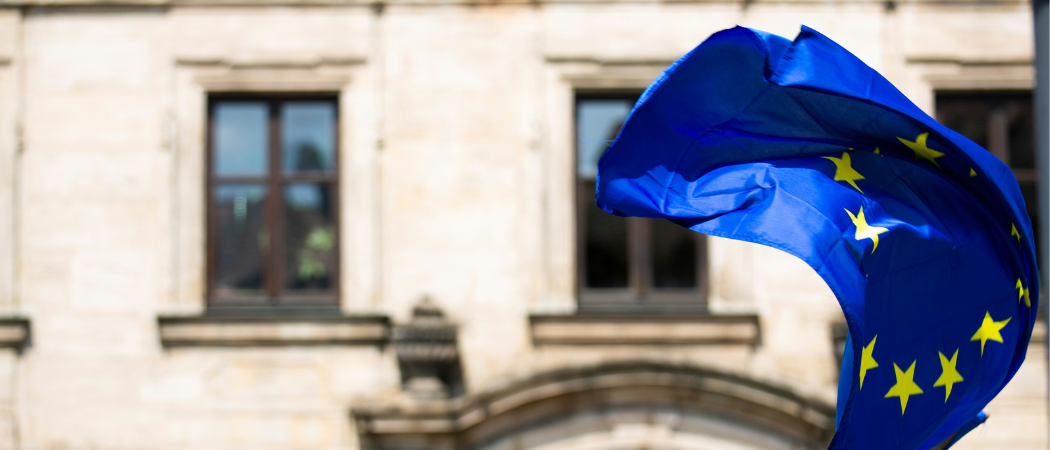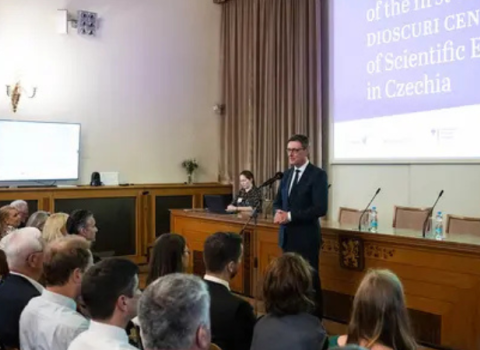Research commissioner Ekaterina Zaharieva plays a prominent role, but is a notable absence from some groups

Photo credits: Markus Spiske / Unsplash
One of the hardest questions to answer about the new European Commission is how it will make coherent strategic decisions when its commissioners have such a complex arrangement of portfolios and job descriptions. The answer may lie in the project groups, constellations of commissioners assigned this month to oversee cross-cutting topics such as artificial intelligence, defence, clean technologies and start-ups.
Each group has a renewable one-year mandate to work across different strategic fields, “without affecting the decision-making process of the College [of commissioners] or the role of its preparatory bodies,” the Commission explained when it launched the groups on 8 January.
The presence, or not, of research commissioner Ekaterina Zaharieva in this structure is worth exploring. As the commissioner responsible for start-ups, it is only logical that she should chair the project group in this area, in charge of improving the framework conditions for start-ups and scale-ups, and creating policies that help them grow their businesses in Europe.
This framework will cover high profile policy initiatives such as the 28th regime, a single legal status that will allow innovative companies to scale-up and operate in all 27 member states. Also on the agenda are measures to help commercialisation across the single market and to increase access to capital, public procurement to support innovation, attracting and retaining talent, and regulatory sandboxes.
Zaharieva is also a member of the project groups on artificial intelligence; on economic security, which focuses on reinforcing Europe’s competitiveness; on water resilience and the development of water-related technologies; and on the creation of the European Savings and Investments Union.
However, her absence from other project groups has surprised some observers.
“It is strange that she is not in the group on skills, and even stranger that she is not in the group on the Clean Industrial Deal,” Kurt Deketelaere, secretary general of the League of European Research Universities, told Science|Business.
At the same time, the role of technology and innovation in clean technology appear to be a blind spot for the new administration. As Deketelaere points out, “research and innovation were not even mentioned” in the mission letter given to Teresa Ribera, the commissioner responsible for the clean and competitive transition.
Most concerning of all is the absence of a project group for a future Framework Programme, which would intervene across almost all policy fields. “You would expect the involvement of a lot of commissioners and/or executive vice presidents, no?” Deketelaere asked. “Is this another sign that there will be no tenth Framework Programme, as we have known them over the past 40 years? That’s worrying.”
Nevertheless, Zaharieva confirmed in a recent interview with Science|Business that preparations for FP10 were ongoing.
Positive move
These concerns aside, the research and innovation community is broadly supportive of the project groups.
“The European Commission has often been criticised [. . .] for operating too much in silos,” said Mattias Björnmalm, secretary general of the CESAER university association. “If successful, [the groups] can enhance interconnectedness and foster closer collaboration across different parts of the Commission.”
Deketelaere agreed. “The portfolios of the six executive vice presidents and 20 commissioners are so overlapping that this is the only way to get something done in a consulted, coordinated and agreed way. Otherwise, it will be chaos.”
Muriel Attané, secretary general of the European Association of Research and Technology, is also hopeful that these groups mark “one step forward” in better articulating R&D, innovation and industrial policies.
Yet there are still questions to answer about how the project groups will operate. “What are they going to talk about, and what are the appropriate ways to provide input from civil society? That is not clear yet,” said Thomas Ekman Jørgensen, director of policy coordination and foresight at the European University Association.
For Björnmalm, the groups “could also be seen as consolidating more authority centrally, as they might require vice presidents and commissioners to navigate additional structures to advance their own portfolios.”
Even so, he says it is too soon to be cynical. “For now, I am optimistic about the potential benefits of this restructuring, which could lead to more effective collaboration within the Commission and with external stakeholders.”





 A unique international forum for public research organisations and companies to connect their external engagement with strategic interests around their R&D system.
A unique international forum for public research organisations and companies to connect their external engagement with strategic interests around their R&D system.